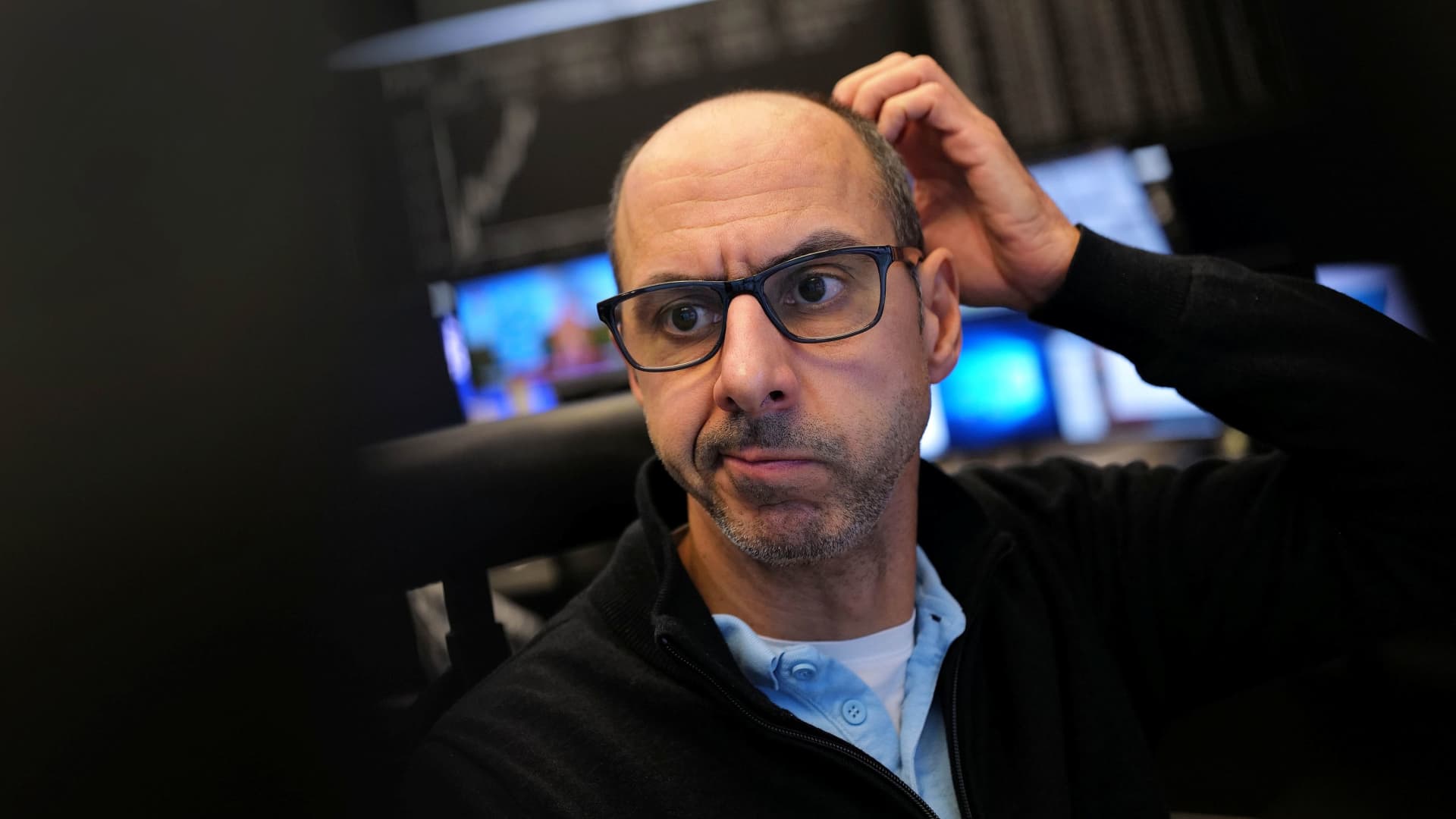
Luis Alvarez | Digitalvision | Getty Images
Inflation is hovering near 40-year highs. The Consumer Price Index, a key inflation metric, increased 8.3% in April from a year ago, the largest jump since the summer of 1982, the U.S. Department of Labor said Wednesday.
While a slight reduction from the 8.5% rate in March, the readings tell a similar story: Consumers are losing buying power at a faster-than-usual rate.
That happens because the prices they pay for goods and services of all kinds are increasing. Their money buys less.
But just how quickly is inflation eating away at your savings? The “rule of 72” can help gauge its long-term impact.
Rule of 72
This rule of thumb is generally applied to investment returns. It’s a back-of-the-envelope calculation that approximates how many years it will take investors to double their money at a certain interest rate.
Here’s how it works: Divide 72 by the annual interest rate to determine the amount of time it takes for an investment to double.
For example, a mutual fund that yields 2% a year will double in 36 years. One with a 6% annual return will do so in 12 years.
With inflation, the rule works in reverse: Consumers can approximate how quickly higher prices (for food, energy, rent and other household budget items) will halve the value of their savings.
Applied to the Rule of 72 formula, April’s 8.3% inflation rate halves the value of consumers’ money in roughly nine years. (Seventy-two divided by 8.3 equals 8.67.)
“[The rule] works the same whether you’re implying an inflation factor — which is essentially deflating the purchasing power of your money — or whether you’re applying the rule of 72 to growing your money,” Charlie Fitzgerald III, a certified financial planner and founding member of Moisand Fitzgerald Tamayo in Orlando, Florida, told CNBC.
What to keep in mind
There are a few caveats, however.
For one, this rule assumes the inflation rate will stay elevated (and constant) for a while. It’s unclear how long higher-than-normal inflation will persist. The Federal Reserve is quickly raising its benchmark interest rate to increase borrowing costs, cool the economy and bring inflation more in check.
A healthy economy experiences at least some inflation. The Federal Reserve aims for a long-term rate around 2%. (That inflation rate would halve the value of money in approximately 36 years, according to the rule of 72.)
More from Personal Finance:
A Roth IRA conversion may pay off in a down market
Credit card debt, interest rates heading to all-time highs
Fewer job listings require Covid-19 vaccines
Further, rising costs don’t impact all households the same way. Some families may have a personal inflation rate that’s lower (or higher) than the national average, depending on what they buy.
Wage growth and earnings on savings also serve to offset at least some inflation. Workers have seen hourly pay increase at the fastest pace in decades, and some gains have outpaced inflation — meaning their purchasing power hasn’t eroded.
However, the average worker saw hourly pay fall 2.6% in April from a year ago after accounting for inflation, according to the Labor Department.






